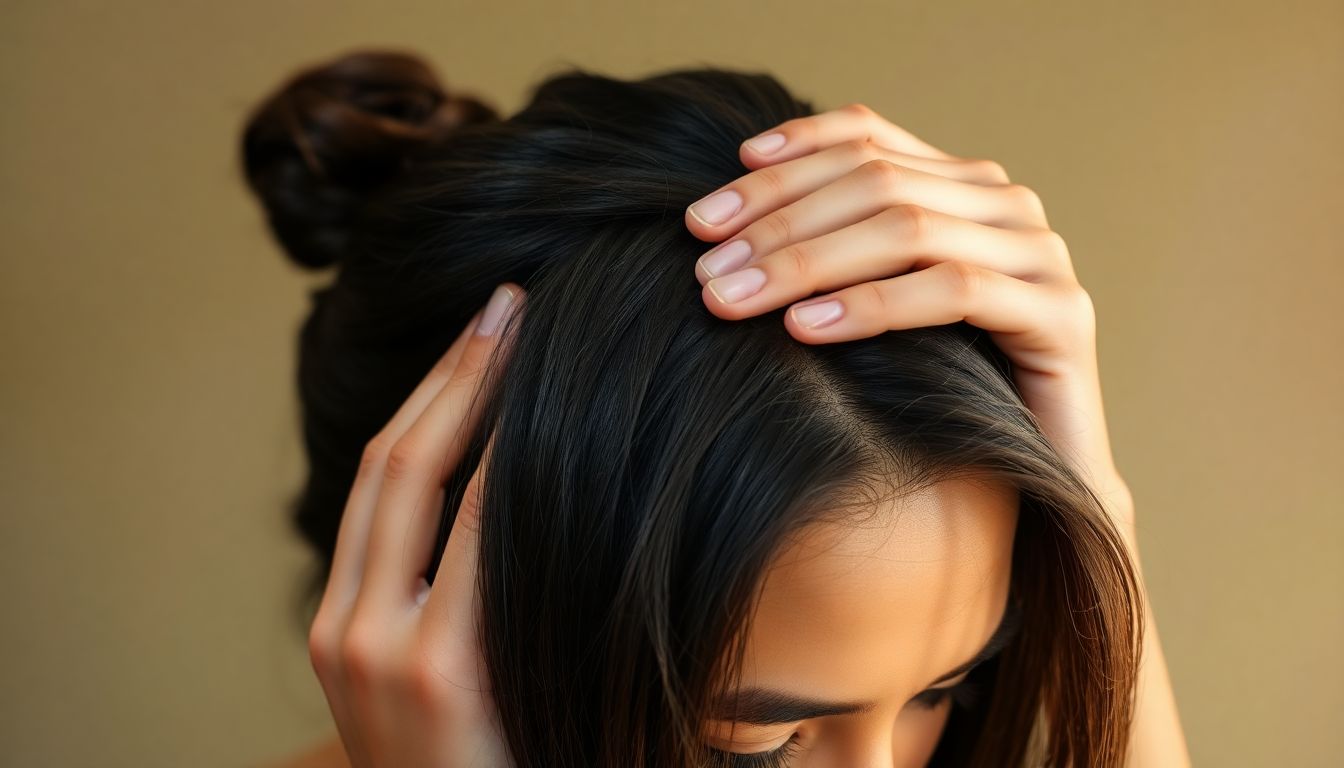
The struggle with hair loss affects millions. Studies show that about 50% of men and women experience noticeable hair loss by their 50s. This issue can lead to emotional distress, lowering self-esteem and confidence. Fortunately, there are effective natural solutions to combat hair loss that you can start using today.
Understanding the Root Causes of Hair Loss
Genetic Predisposition
One main cause of hair loss is genetics. Androgenetic Alopecia, commonly known as male or female pattern baldness, affects a significant portion of the population. According to the American Academy of Dermatology, it impacts around 80 million Americans. Awareness of your genetic background can be the first step in understanding your hair loss.
Nutritional Deficiencies
Vitamins and minerals play a vital role in hair health. Deficiencies in nutrients such as biotin, iron, and zinc can lead to thinning hair. Consuming a balanced diet rich in these key nutrients is essential for maintaining hair strength and vitality.
Hormonal Imbalances
Hormonal changes can trigger hair loss. Conditions like thyroid disorders or polycystic ovary syndrome (PCOS) can lead to excess shedding. Keeping an eye on hormonal health is crucial for anyone dealing with hair loss.
Lifestyle Changes for Fuller, Healthier Hair
Stress Management Techniques
Stress is a silent hair loss enemy. Techniques like meditation, yoga, and regular exercise help mitigate stress levels. "Stress management is essential for mental clarity and overall well-being," says Dr. John Smith, a stress management expert. Lowering stress can positively impact hair growth.
Improving Sleep Quality
Sleep quality is often overlooked. A good night's sleep can be essential for hair growth. Research shows that sleep deprivation can increase hair loss risk significantly. Aim for 7-9 hours to help your hair thrive.
Regular Scalp Massage
Scalp massages are not just relaxing; they may encourage hair growth. Improved blood circulation can stimulate hair follicles. For instance, Jane, a hair loss sufferer, began scalp massages and noticed new hair growth within weeks.
Dietary Adjustments for Hair Growth
Protein Intake
Protein is crucial for hair structure. Hair is mainly made of a protein called keratin. Include protein-rich foods like chicken, fish, eggs, and legumes in your diet to support hair health.
Essential Fatty Acids
Omega-3 and omega-6 fatty acids are important for hair vitality. Foods like flaxseeds, walnuts, and fatty fish provide these essential fats. They help nourish hair follicles and reduce inflammation.
Hydration
Staying hydrated is vital for overall health, including hair growth. Water supports blood circulation and nutrient absorption, crucial for healthy hair.
Natural Remedies and Supplements
Essential Oils
Using essential oils like rosemary, lavender, and peppermint can promote hair growth. A study published in the Journal of Essential Oil Research found that these oils enhanced circulation and stimulated hair follicles. Incorporate a few drops in your shampoo or mix them with carrier oil for direct application.
Herbal Remedies
Herbal remedies such as ginseng and saw palmetto have shown potential benefits for combating hair loss. Research suggests these herbs may inhibit the hormone DHT, linked to hair loss. Consult with a healthcare provider for personalized recommendations.
Supplements
Supplements like biotin, collagen, and silica can support hair health. However, it’s important to be cautious and consult a healthcare professional before starting any new supplement routine.
Maintaining Healthy Hair Growth Long-Term
Hair Care Routine
Gentle hair washing is key. Avoid harsh chemicals that can weaken hair. Use wide-tooth combs to prevent breakage and limit heat styling to keep hair strong.
Protective Hairstyles
Protective hairstyles can minimize damage. Styles like braids, buns, or twists help shield hair from environmental stressors. For example, consider wearing a bun on windy days to reduce tangling.
Regular Check-ups
Regular check-ups with a dermatologist or trichologist ensure that any underlying issues are addressed early. Monitoring hair health can prevent further loss.
Conclusion: Embrace Natural Hair Growth
Combating hair loss naturally involves understanding root causes, making lifestyle changes, adjusting your diet, and utilizing natural remedies. A holistic approach will yield the best results. Remember, caring for your hair is a journey, and with patience and consistency, you can embrace natural hair growth. Start today and take charge of your hair health with these proven strategies!
